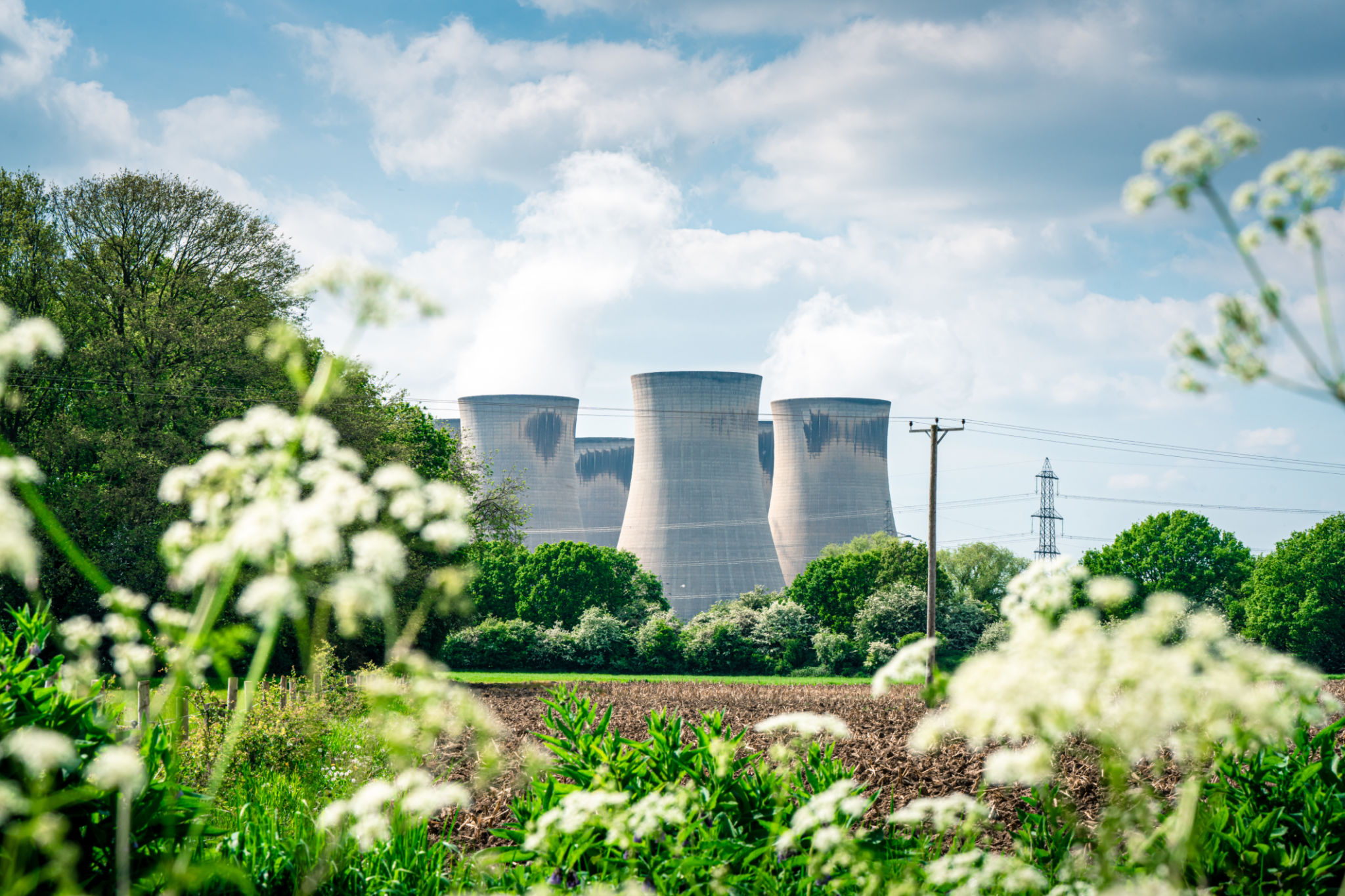Understanding the Benefits of Energy-Efficient HVAC Systems
The Importance of Energy Efficiency
In today's world, being conscious of our energy consumption is more important than ever. As climate change becomes a more pressing issue, many homeowners and businesses are seeking ways to reduce their carbon footprint. One effective way to achieve this is by investing in energy-efficient HVAC systems. These systems not only help the environment but also bring a host of other benefits to your home or business.
Energy-efficient HVAC systems are designed to use less energy while delivering the same or better performance than traditional systems. This means you can maintain a comfortable indoor environment without the excessive energy costs. But what exactly makes these systems so beneficial?

Cost Savings
One of the most compelling reasons to switch to an energy-efficient HVAC system is the potential for cost savings. By consuming less energy, these systems can significantly reduce your utility bills. Over time, the savings can easily offset the initial investment in a new system.
Moreover, some energy-efficient HVAC systems may qualify for rebates or tax incentives, further reducing the cost. This makes upgrading to an energy-efficient system not only environmentally responsible but also economically sensible.
Enhanced Comfort
Energy-efficient HVAC systems are designed to operate more effectively than their conventional counterparts. This means they can maintain consistent temperatures throughout your space, eliminating hot and cold spots. Additionally, many of these systems come with advanced features such as programmable thermostats and zoning capabilities, allowing you to customize your comfort even further.

Improved Indoor Air Quality
Another significant benefit of energy-efficient HVAC systems is their ability to improve indoor air quality. These systems often include advanced filtration options that can remove dust, pollen, and other allergens from the air. This is particularly beneficial for individuals with allergies or respiratory issues.
Furthermore, efficient ventilation can help reduce humidity levels, preventing the growth of mold and mildew. This contributes to a healthier indoor environment and can enhance the overall well-being of those occupying the space.
Environmental Impact
Switching to an energy-efficient HVAC system is a proactive step toward reducing your environmental impact. By using less energy, these systems help decrease greenhouse gas emissions. This contributes to a cleaner environment and aids in the fight against climate change.

Longevity and Reliability
Energy-efficient HVAC systems are often built with advanced technology and higher-quality components. As a result, they tend to have a longer lifespan and require less maintenance than standard units. This reliability ensures that you will enjoy years of dependable service without frequent repairs or replacements.
Conclusion
In conclusion, understanding the benefits of energy-efficient HVAC systems can help you make informed decisions about your home's or business's heating and cooling needs. From cost savings and enhanced comfort to improved air quality and environmental benefits, these systems offer a multitude of advantages that make them a worthwhile investment.
Whether you're building new or considering an upgrade, exploring energy-efficient options can lead to long-term benefits for both your wallet and the planet.
